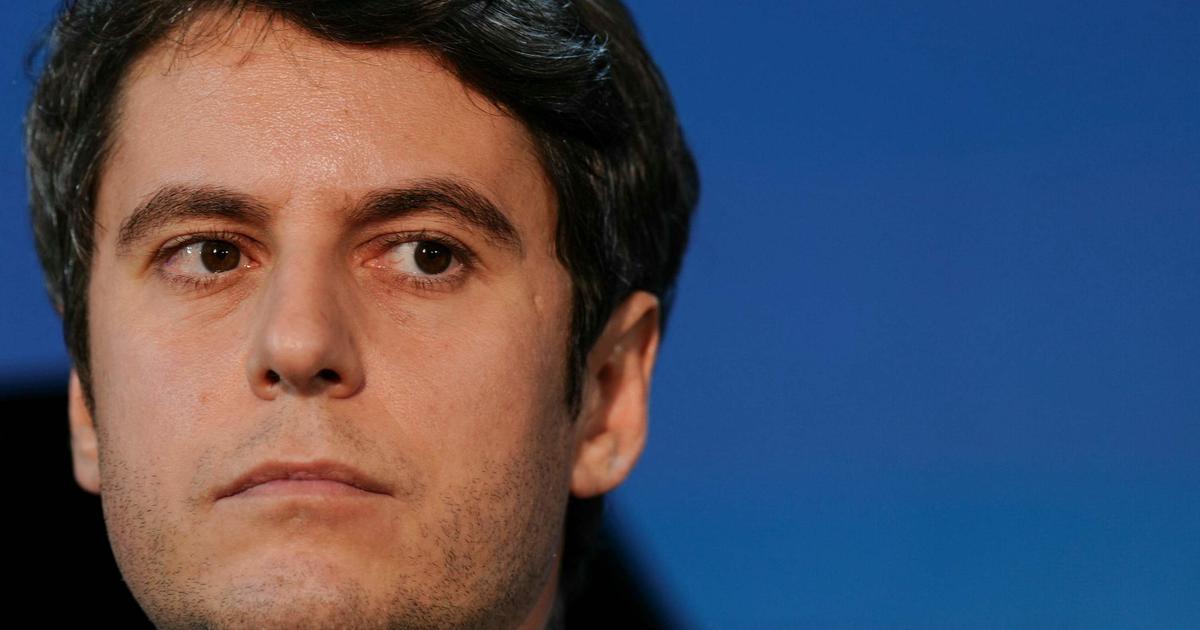Sébastien Laye is an entrepreneur and associate researcher at the Thomas More Institute.
FIGAROVOX. - The plan presented by Jean Castex to
Les Échos
to reduce unemployment focuses in particular on long-term unemployment.
What are the causes of the latter and what percentage does it represent?
Sébastien LAYE. -
Of the 6 million people registered with Pôle Emploi, 2.86 million have been registered, at the last score in June, for more than a year. This is the statistical definition of long-term unemployment.
You will notice that we hear a lot about jobs that would not find takers on the market, but they are estimated at 1 million, so only a large third of the long-term unemployed. This therefore means that long-term unemployment has settled in massively in our country for a certain segment of the population, and has been for a long time. The novelty is rather that the unfilled jobs, which could be allocated in priority to the long-term unemployed, concentrate on certain professions hard affected by the pandemic (hence a bottleneck in terms of training): people, care for the elderly, catering, construction or jobs related to digital transformation.
This long-term unemployment is the structural part of our underemployment, which we have difficulty in reducing.
It is the unemployment rate which cannot be explained by the insufficiency of economic activity, but rather by brakes such as too high levies on growth, an absence of competition, an absence of flexibility in the labor market. and the responsiveness of wages to growth.
There may be momentarily very strong demand in certain sectors where we can quickly train the unemployed, but this is not a panacea for reducing long-term unemployment in the long term.
Sebastien Laye
The government's priority seems to be retraining and training. Is this the right approach to reduce this long-term unemployment?
In the causes of long-term structural unemployment, we sometimes cite education and obstacles linked to inadequate training of individuals. But it is important to put into perspective the emphasis Macron has placed on this subject of training for the past four years: first, for economists, initial training plays the most important role and all rankings such as PISA show a flagrant drop in France. A short training at Pôle Emploi does not solve the lack of mastery of the fundamentals of knowledge by the work force.
This lever therefore does not seem to me the most relevant, especially since Macron has not succeeded in making any real reform of vocational training and apprenticeship.
There may be a specific angle linked to the crisis, a momentary very strong demand in certain sectors where we can quickly train the unemployed (e.g. catering) but this is not the panacea for reducing long-term unemployment on a long-term basis. term.
Read also Unemployment insurance: a reform with very uncertain effects
Jean Castex also announced a tightening of the remuneration rules. What is the objective of such a measure?
To tell the truth, the reform of unemployment insurance will not change the situation in terms of labor law or training: its content is quite disappointing and does not correspond to the great reform promised.
However - like the abortive pension reform - it has an ulterior purpose, that of saving money in the management of unemployment insurance.
If the new remuneration rules are implemented, we should save three billion per year by 2022.
The real issue of this reform is therefore hidden, and it
ultimately
relates
to the major financial and accounting balances of the unemployment insurance system.
We could even go further in terms of executive compensation and job refusals and achieve savings of 5-6 billion at cruising speed with a little more political will.
The country is struck by the crisis, in a pre-political campaign, it will not mobilize for such a subject.
Sebastien Laye
Can the unanimous refusal of the unions threaten the implementation of the reform?
No, the latter no longer have any representativeness and weight in the real country.
This subject will not mobilize the troops like that of pensions and objectively, only the executives would have reasons to fight these measures, because they will be the big losers (but do not have the same tradition of social demands).
The country is struck by the crisis, in a pre-political campaign, it will not mobilize for such a subject.
Macron will probably give the unions guarantees in the management of unemployment insurance: if the citizens will rather lose
in the end
, we can bet that the unions will be able to negotiate their position in unemployment insurance and increase their financial influence, against an acceptance of the reform. .
Emmanuel Macron he plays his image of reformer on this level?
I do not believe that.
The real marker in this area is the pension reform, abandoned indefinitely.
Consequently, the issue of unemployment insurance reassures certain social actors, but I doubt whether it will impact public opinion or mobilize reformers specifically around Macron.
The real act of courage would have been to raise the retirement age, for example.









